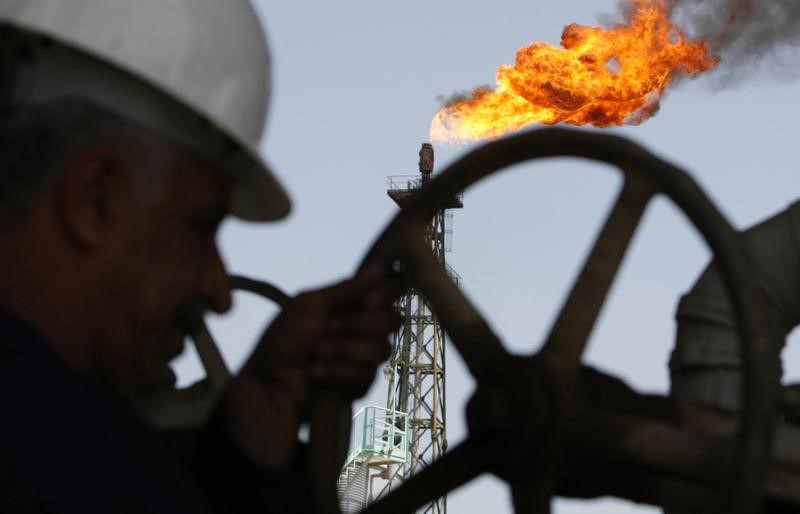By Peter Nurse
Investing.com -- Crude oil prices slumped Monday, extending last week’s sharp losses, on fears that Covid-related restrictions in China would stunt the recovery in oil demand.
By 9:25 AM ET (1325 GMT), U.S. crude futures were down 2.6% at $66.52 a barrel, after falling nearly 7% last week, the steepest weekly decline in nine months, while Brent futures were down 2.6% at $68.89 a barrel, having dropped 6% last week, the biggest weekly loss in four months.
U.S. Gasoline RBOB Futures were down 2.1% at $2.2091 a gallon.
China reported 125 new Covid-19 cases on Monday, up from 96 a day earlier, and the authorities have responded by reintroducing a series of new lockdowns and travel restrictions, hitting the outlook for demand growth in the world's second-largest oil consumer.
Additionally, the country’s trade data showed that crude oil imports have continued to be soft over the last month, weakening to 9.7 million barrels a day in July compared with around 9.8 million in June 2021 and much lower than around 12.1 million imported in July last year.
“High oil prices, limited import quotas especially for private refiners, and refinery maintenance have been weighing on crude oil demand from the country,” said analysts at ING, in a note.
Adding to the pressure on the oil market has been a rally in the U.S. dollar after Friday's U.S. jobs report increased expectations that the Federal Reserve could tighten U.S. monetary policy more quickly than previously expected.
A stronger U.S. dollar makes oil more expensive for holders of other currencies.
Sentiment is weakening in the sector, as shown by the latest positioning data from the CFTC. This showed that speculators reduced their net long position in the Nymex WTI contract by just under 16,500 lots over the last week, while net longs in ICE (NYSE:ICE) Brent also dropped, but only by just under 2,000 lots.
Earlier Monday the UN Intergovernmental Panel on Climate Change released a report on the effects of climate change, stating that heat waves, droughts and torrential rains are set to become more frequent and extreme as the earth warms further.
Also due this week, the Organization of the Petroleum Exporting Countries will release its monthly oil market report on Thursday, the same day the IEA releases its monthly report.
